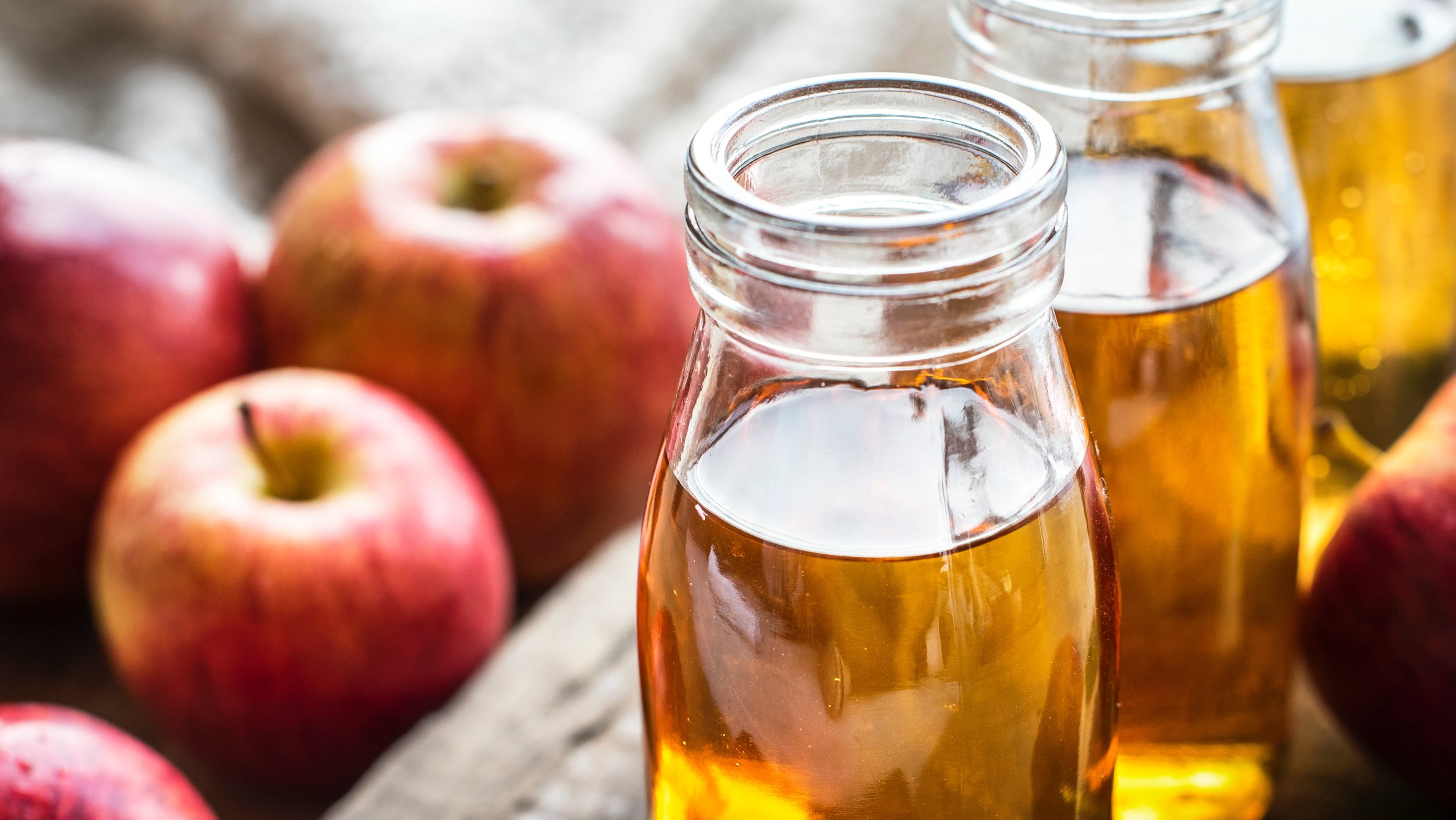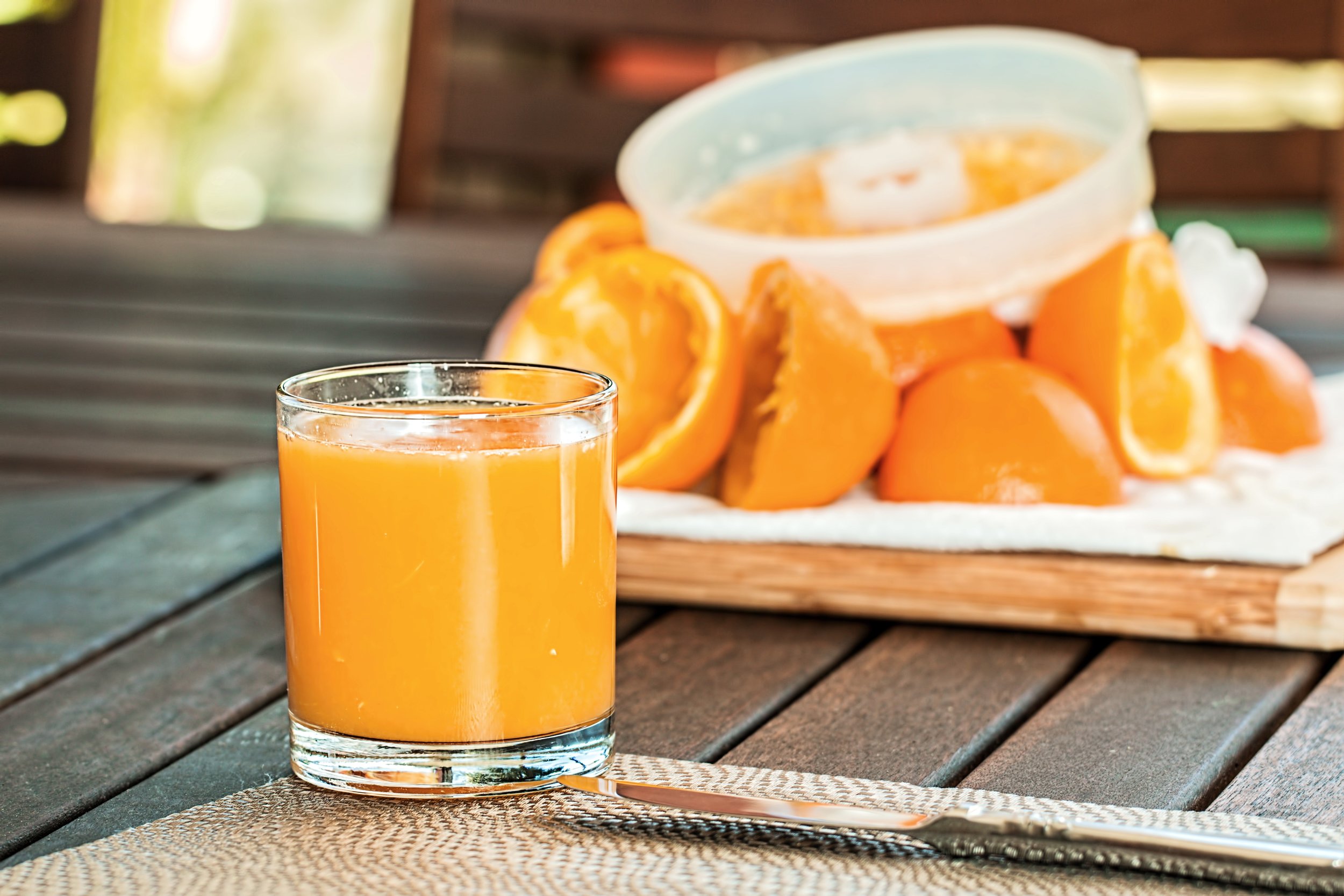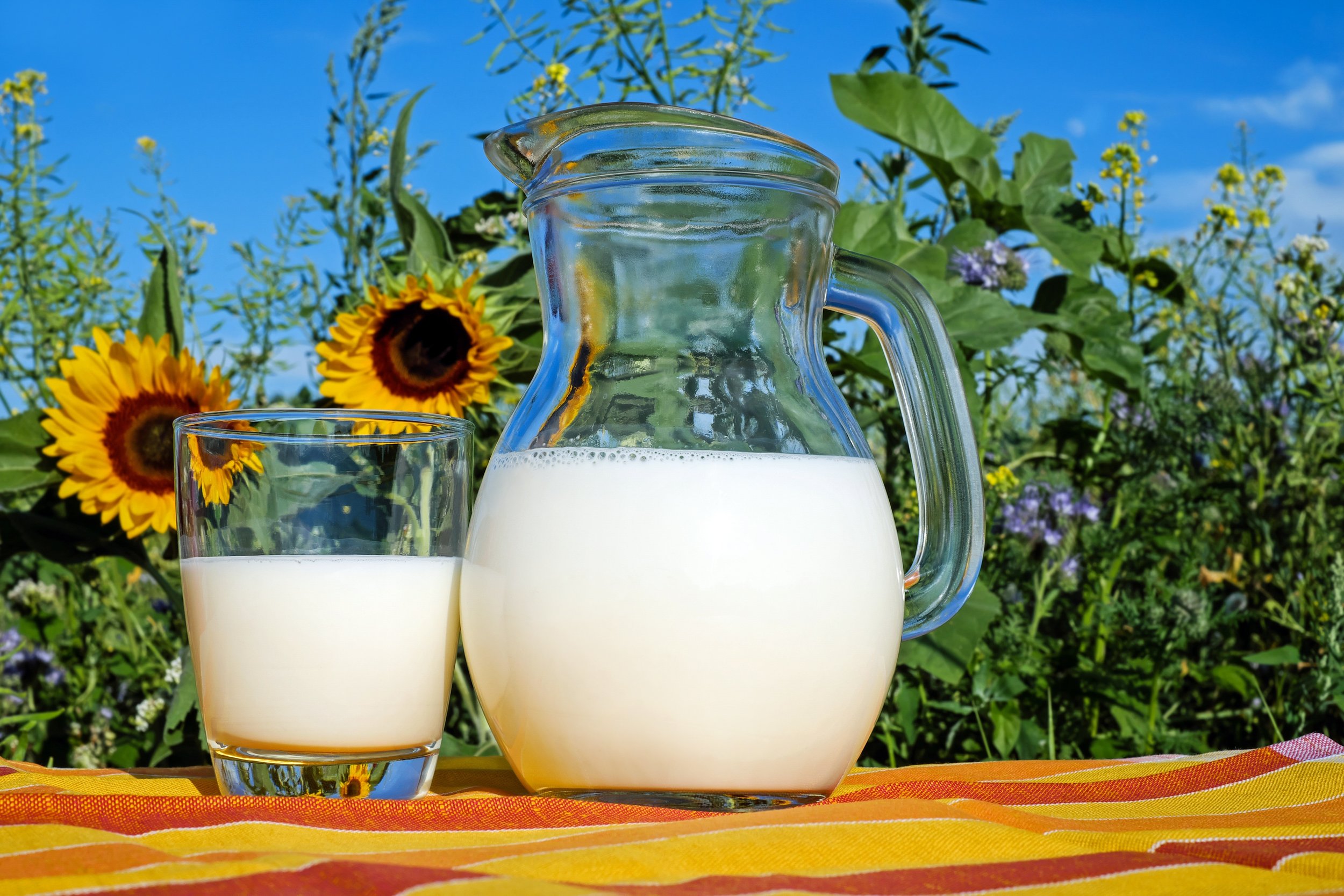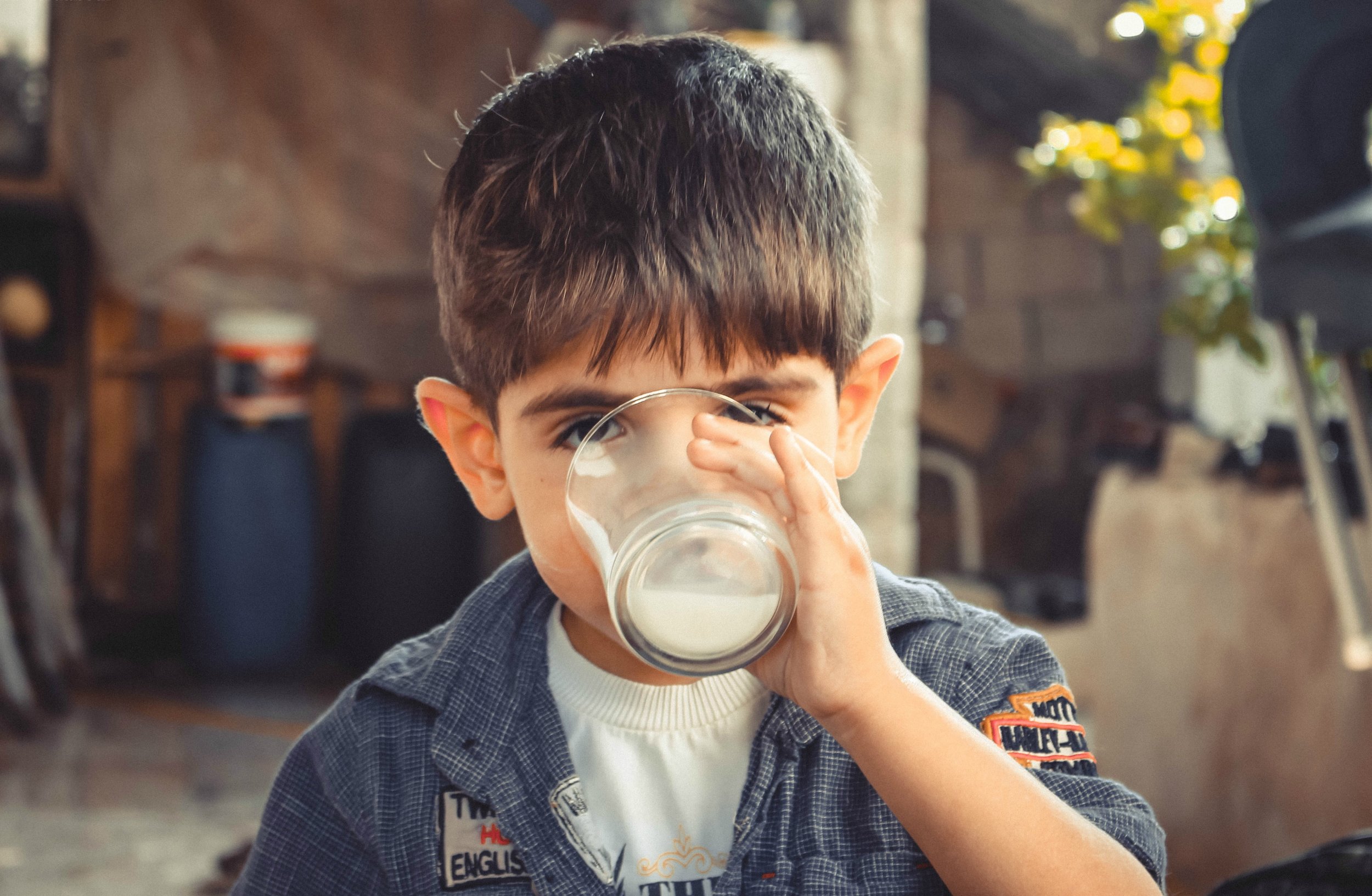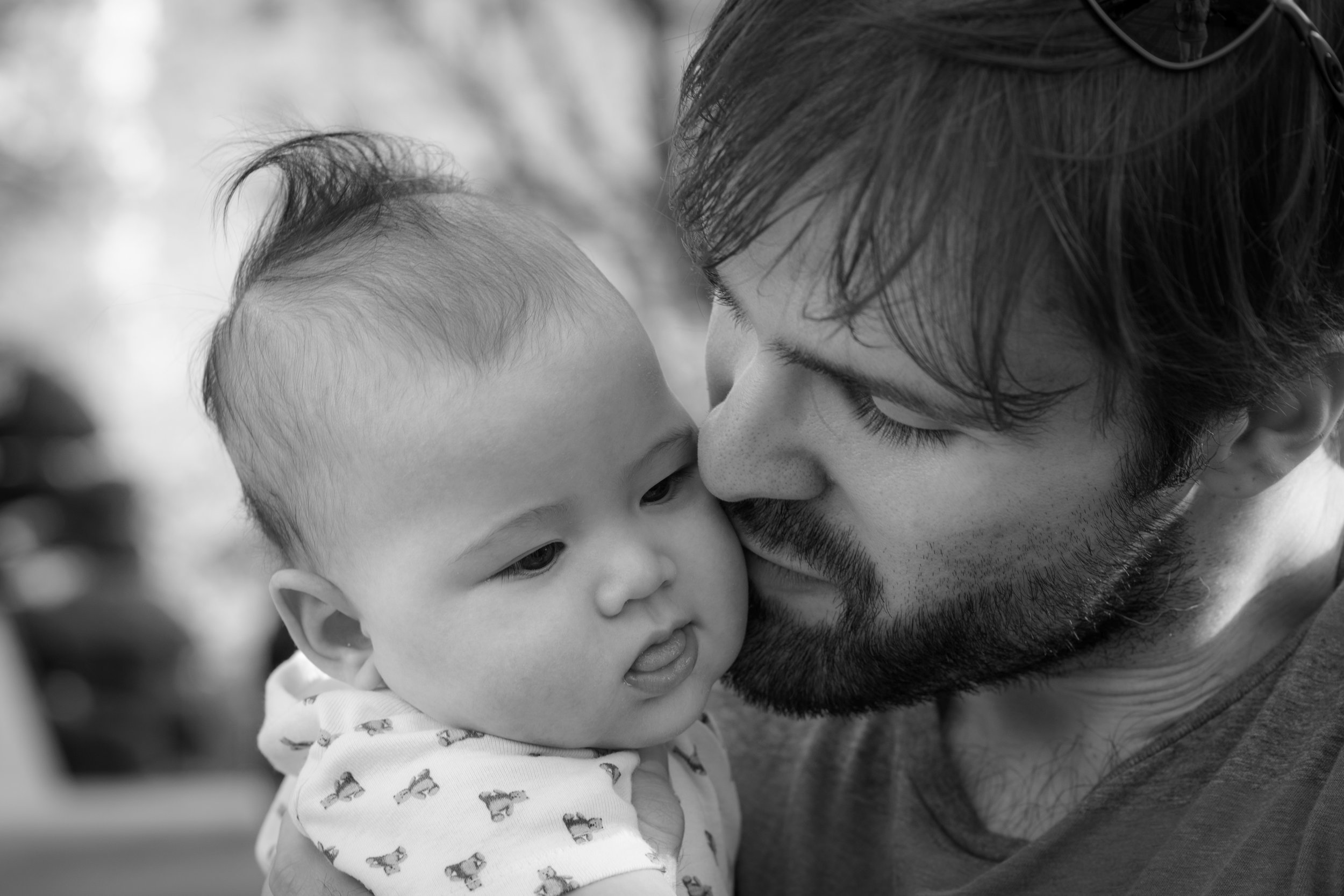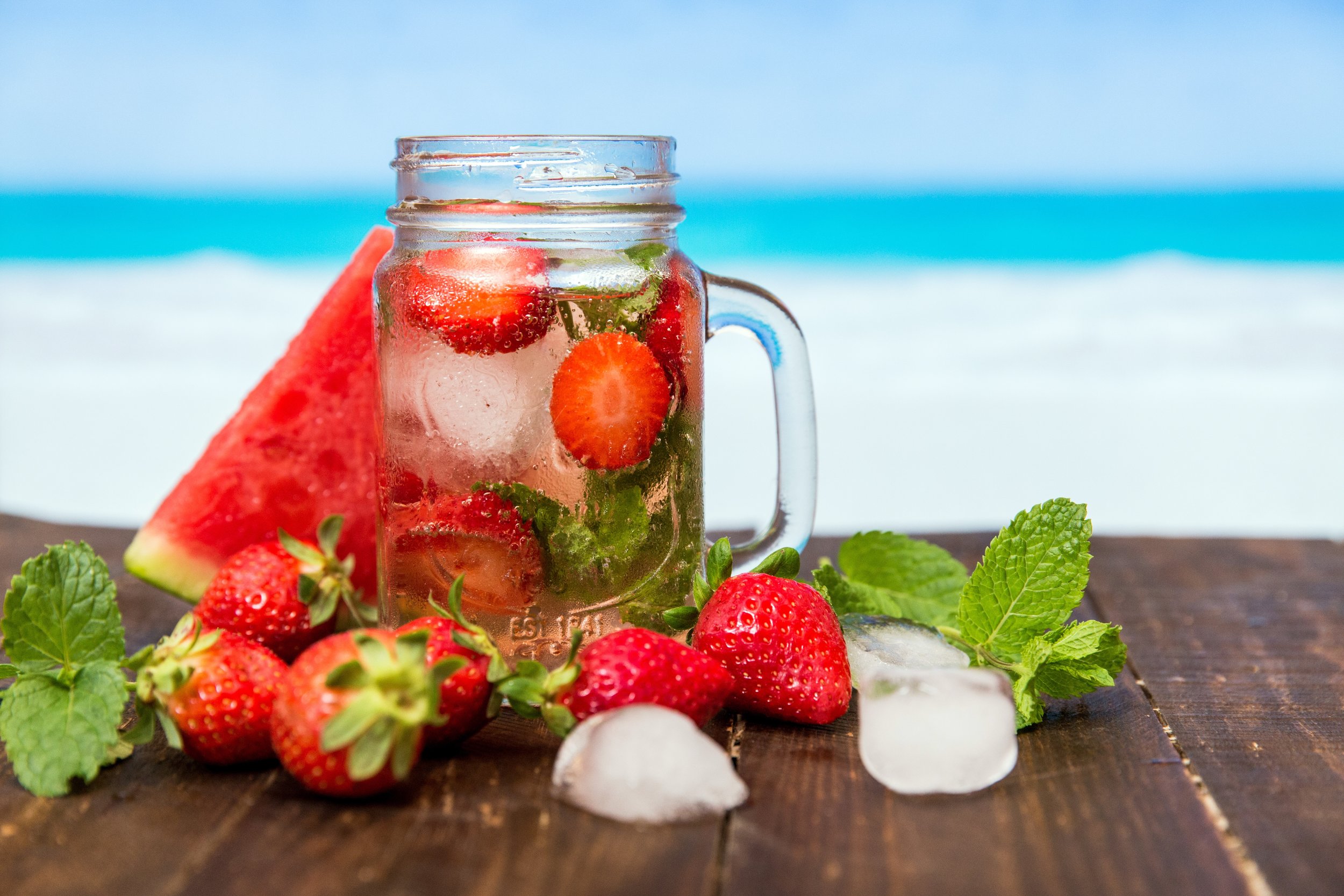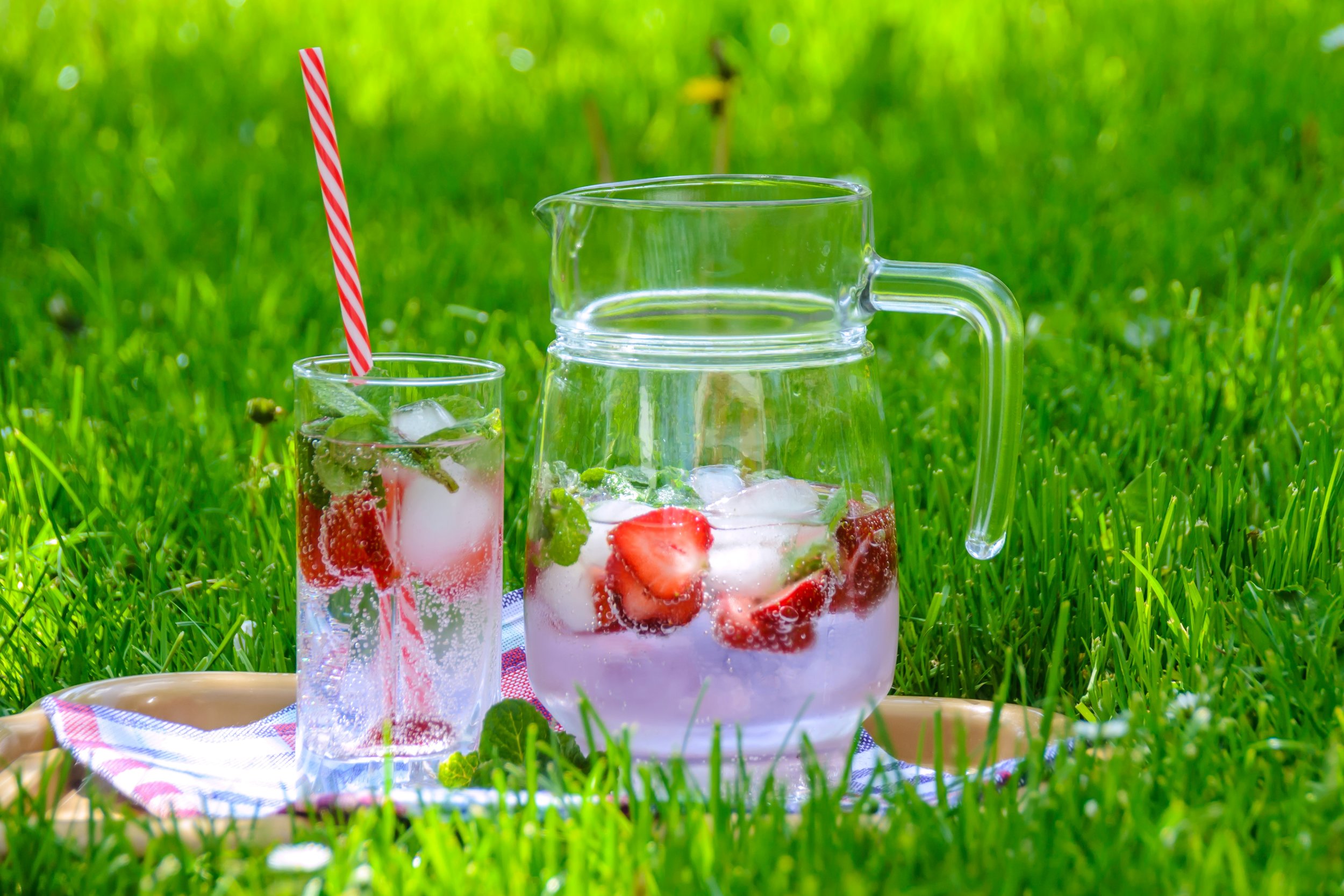We’ve all seen it, heard about it, or maybe even done it – the infamous Juice Cleanse. Juicing has become extremely popular over the years, despite no really true “detoxing” effects. Though juice is trendy now for consumption by adults, juice has been a typical drink for children for decades. However, excessive intake of juice can lead to some unfortunate consequences for your little one.
A common phrase muttered by parents as their child whines of thirst is, “Do you want juice or milk?” Due to its pleasant, sweet taste, juice is usually the answer. But juice is made with fruits and/or vegetables; isn’t that considered healthy? You maybe surprised by the answer.
Although juices may contain important nutrients such as vitamin C and some with added calcium, there are potential adverse effects with excess consumption. “High sugar content in juice contributes to increased calorie consumption and the risk of dental caries.” [1] The increased risk of cavities is especially true if the child is receiving juice before bed or in the middle of the night. Excessive juice consumption is also a major cause of “toddler diarrhea”, which can be dangerous if severe dehydration results. In addition, the lack of protein and fiber in juice can predispose a child to inappropriate weight gain whether it be too much or too little. [1]
With fresh, inhouse juice becoming common among grocery stores and restaurants, there is an increased risk of your child being exposed to harmful pathogens. Children are at high risk of dying from food-borne illness. Unpasteurized juice may contain microorganisms such as E. coli, Salmonella, and Cryptosporidium species, which a child’s immature immune system may not be able to fight off.
So, should you throw away that newly opened gallon of apple juice? The American Academy of Pediatrics (AAP) recommends that human milk be the only nutrient fed to infants until approximately 6 months of age. [1] Once the child is 6-months old, solid food and water may be introduced. At one year of age, three cups of whole milk should be offered to the child per day. When it comes to juice, limit a child over the age of one year’s intake to about a half a cup per day. Ensure the child brushes their teeth after consuming juice to prevent the development of cavities.
The Food and Drug Administration (FDA) recommends to look for the warning label to avoid the purchase of untreated juices. [2] To find safety precautions on juice purchasing and food safety tips on making your own juice, visit the FDA resource site.
The best beverage option you can give your child is water. If your child is not accepting water, try making fruit and herb-infused drinks. Infusing water with fresh fruits, vegetables, and herbs gives water a refreshing flavor without the added sugars. For recipes and advice on fruit-infused water, visit Super Healthy Kids! [3]
Resources:
[1] Heyman MB, Abrams SA. Fruit Juice in Infants, Children, and Adolescents: Current Recommendations. Pediatrics. http://pediatrics.aappublications.org/content/139/6/e20170967. Published June 1, 2017. Accessed March 19, 2018.
[2] Consumers - Talking About Juice Safety: What You Need to Know. U S Food and Drug Administration Home Page. https://www.fda.gov/Food/ResourcesForYou/Consumers/ucm110526.htm. Accessed March 19, 2018.
[3] Flavored Water for Kids Plus Essential Benefits of Water! Super Healthy Kids. https://www.superhealthykids.com/flavored-water-for-kids/. Published September 5, 2016. Accessed March 19, 2018.
[4] Summer Infused Water for Kids. Baby FoodE | Adventurous Recipes for Babies Toddlers.
Rachel Grecco is a Senior in Nutrition and Dietetics at the University of Pittsburgh. This article was previously published by the University of Pittsburgh.







